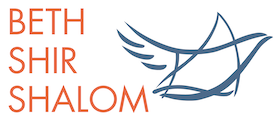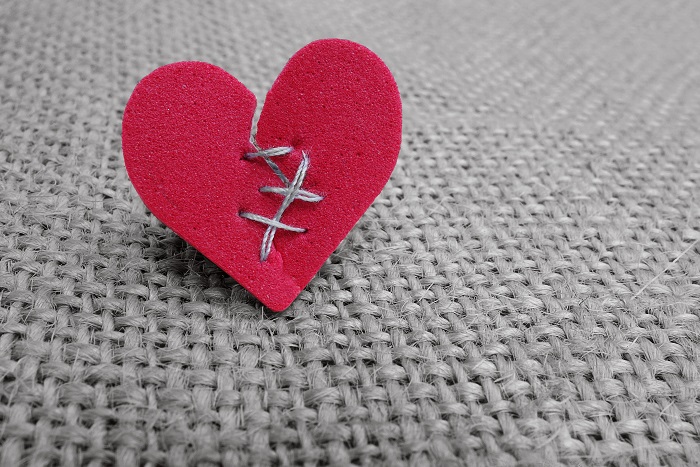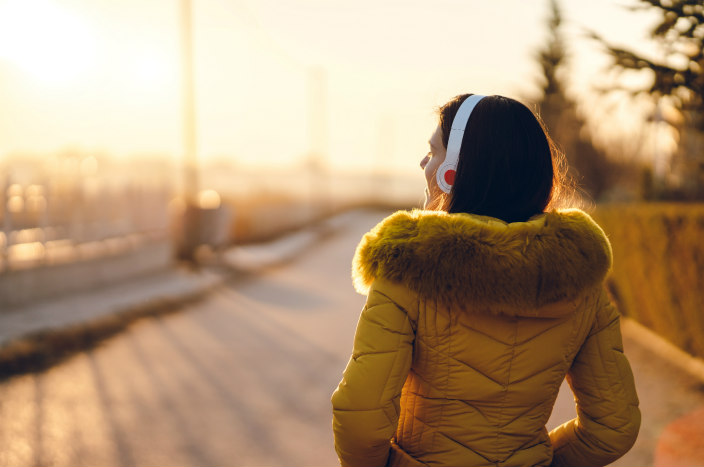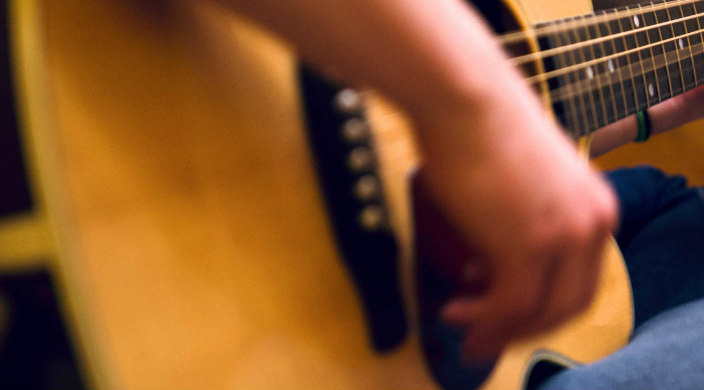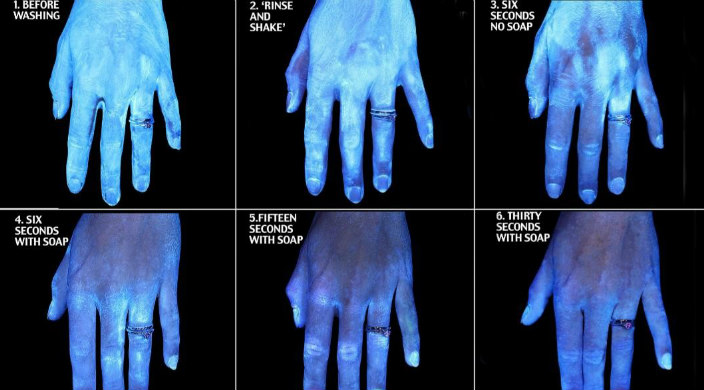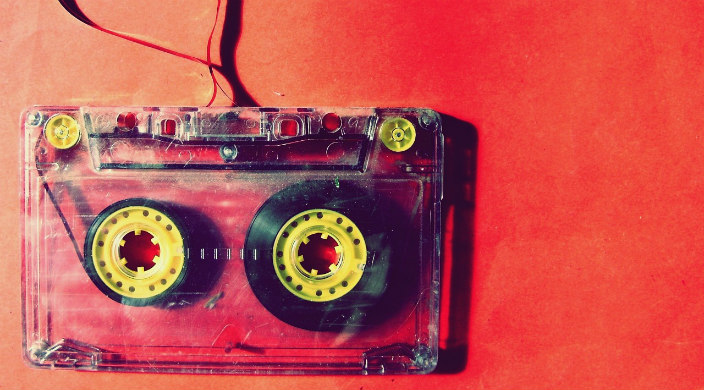APRIL 8, 2021 By RABBI ALEX KRESS
Before the pandemic, I took so much for granted: hugging friends, visiting family, singing at concerts, eating at restaurants, going
anywhere I desired. The virus flipped our world upside down and forced us apart from the people and spaces that fill our lives with love, sustenance, purpose, and energy. I am grateful to live in a time with technology that allows us to stay hyper-connected, but screens have not replicated what I missed most – my Jewish community.
Zoom did not nearly replace the spiritual energy I receive when gathering in temple to worship, sing, learn, and eat bad oneg cookies
together. I miss the laughter and handshakes and hugs. I miss the highs of lifting each other up on chairs in celebration and the lows of carrying each other through suffering. Fundamentally, I miss Jewish life.
This experience brought new meaning to the words of the first-century sage Hillel: “Do not separate yourself from the community”
(Pirkei Avot 2:4). I always thought of this teaching as an obligation to sustain the community, not the self, but the pandemic has made me rethink that assumption.
In Parashat Korach, we read of the dynamic between individuals and their community. Korach leads a rebellion against Moses and
Aaron, charging them with the crime of separating and elevating themselves from the community. “You have gone too far!” the rebels accuse. “For all the community are holy, all of them, and Adonai is in their midst. Why then do you raise yourselves above the congregation of God?” (Numbers 16:3). Though God quashes Korach’s rebellion and the earth “swallows [the rebels] up,” his false accusations regarding the relationship between the individual and the community are not totally without merit. Every individual is holy, and God is found when we gather in community.
Speaking to this dynamic, the 20th-century commentator
Rabbi Joseph Soloveitchik asks: “
“Does the individual stand above the community which should serve its needs, or should the individual subordinate himself to the community’s needs?”
To answer this question, Rabbi Soloveitchik uses the story of Moses as a paradigm. He notes that the sages compare the worth of Moses to the entirety of the Israelite men. Yet when the Israelites sinned by fashioning the Golden Calf, Moses is reduced to their sinful status. Rabbi Soloveitchik’s interpretation of this seeming contradiction is that it “seems that the community and the individual are placed in balance with each other and are interdependent” (Rabbi Joseph B. Soloveitchik, On Repentance, pp. 114-115).
During the pandemic, I became particularly aware of this interdependence. We all play a role in sustaining community, but the distance
helped me understand how much community sustains and uplifts me.
It is not simply the extremes of Moses’ righteousness compared with the sin of the Israelite community that highlight this relationship. I
found it in the slow depletion of my spirituality in the absence of singing, gathering, and learning in community. I felt it while singing muted on Zoom instead of experiencing the cacophony of all the other holy (and often atonal) voices. I experienced it while crying on Zoom, thousands of miles away from friends, welcoming their newborns into the covenant.
They say absence makes the heart grow fonder, and while that’s true, the absence of physical Jewish community weighed heavily on my
emotional and spiritual wellbeing in a way I never previously understood.
After the earth swallows Korach and his rebels, a plague breaks out in the camp. The Torah tells us that Aaron “stood between the dead
and the living until the plague was checked” (Numbers 17:13). After shouldering the weight of fear, rebellion, and plague, Aaron goes straight to the Tent of Meeting, the place where Israelites convened to worship. He returns to sacred space, full of ritual and connection. Aaron’s actions after the plague read like an instructive for us to return en masse to our Jewish communities once it is safe
to do so.
We have all experienced and dealt with the massive trauma of COVID-19 in different ways, and no panacea could possibly mend our
individual and communal brokenness. Yet, the Torah urges us to show up. Show up spiritually at services, even after an exhausting week. Show up righteously to seek justice, even when you just want to collapse on the couch. Show up socially, even when you don’t want to see other people.
The 20th-century philosopher Martin Buber teaches that God is the electricity that surges between people who relate to each other humanly – and I think we could all use that spark.
